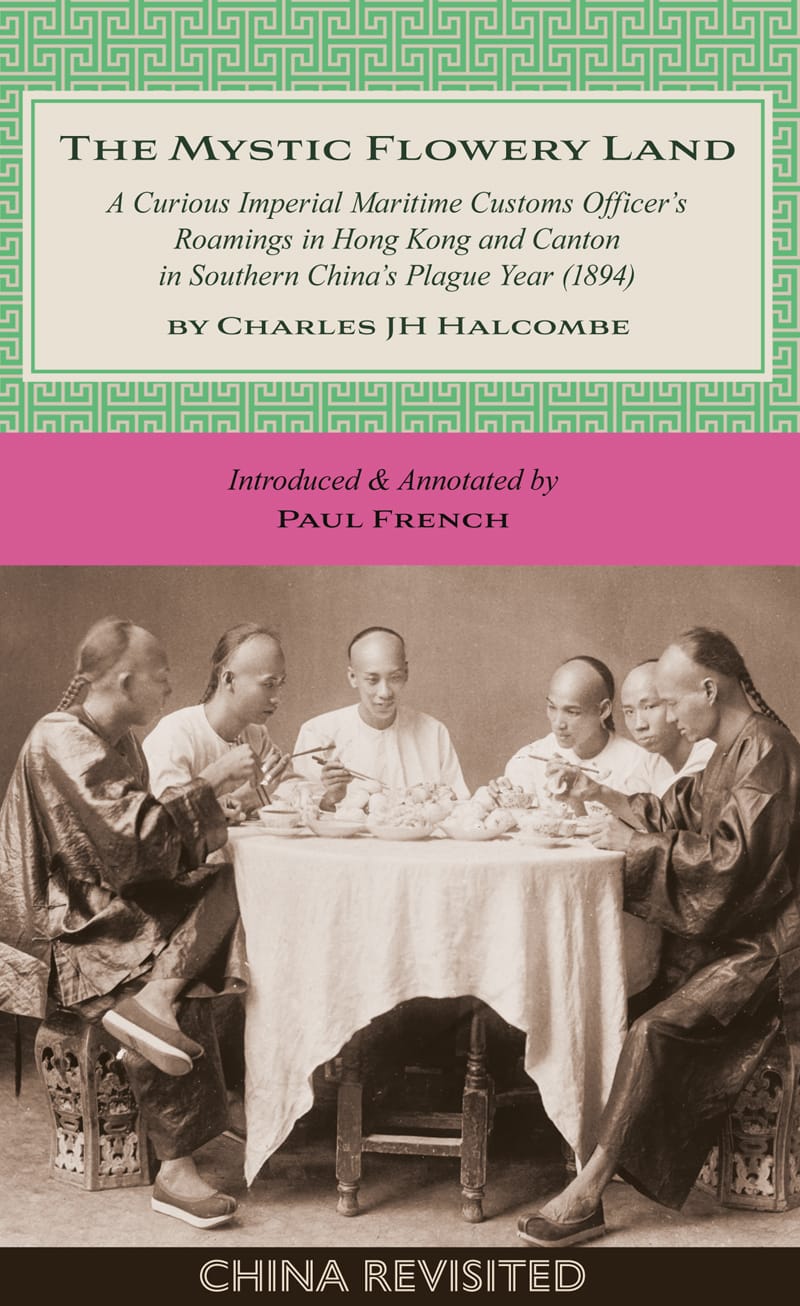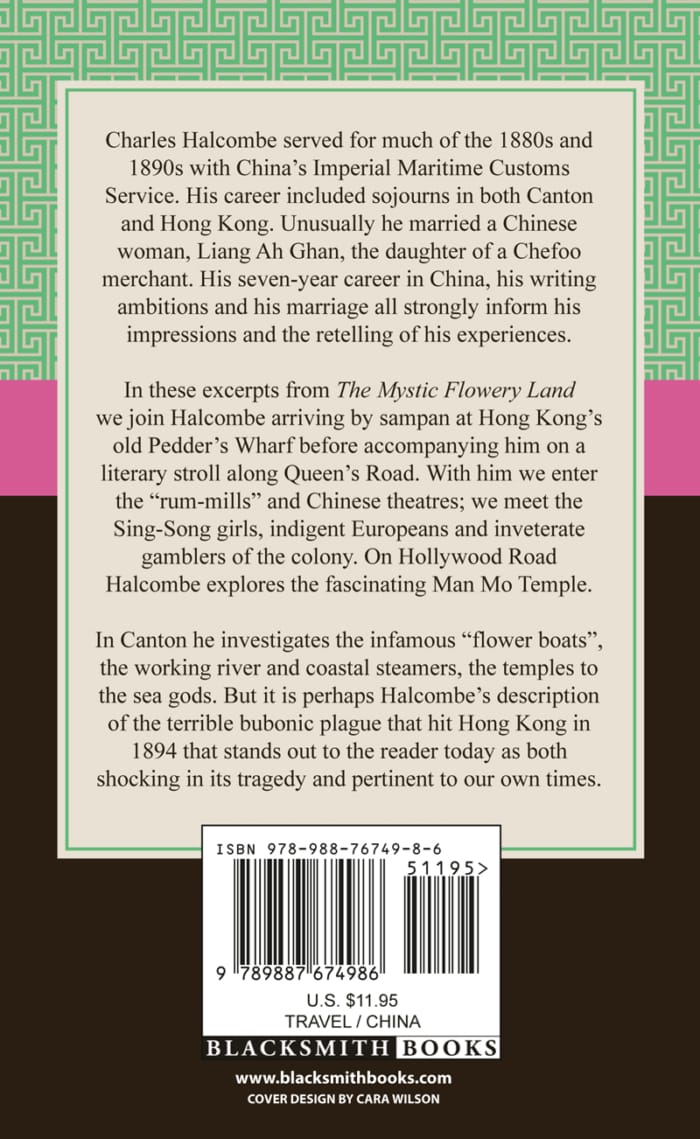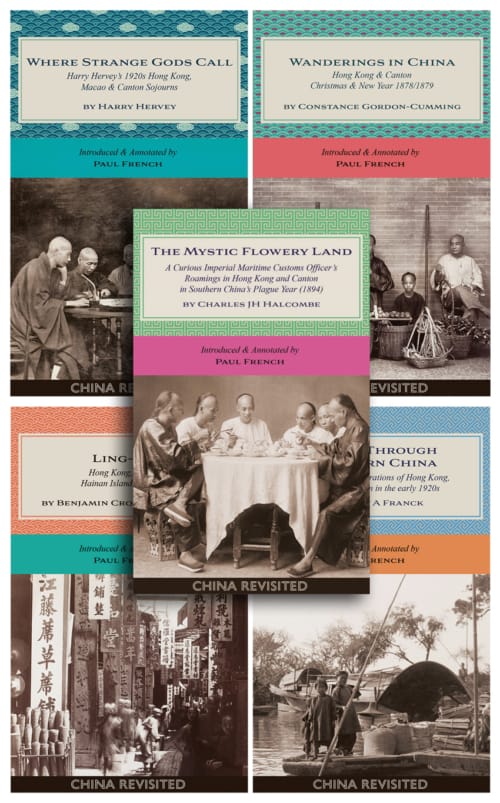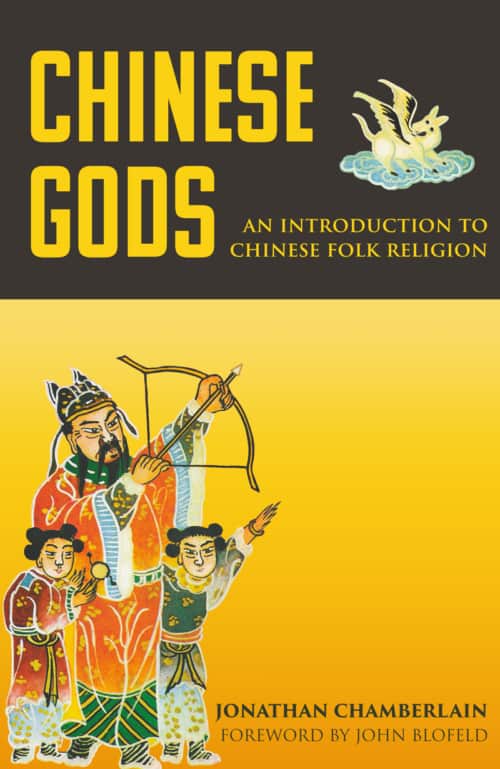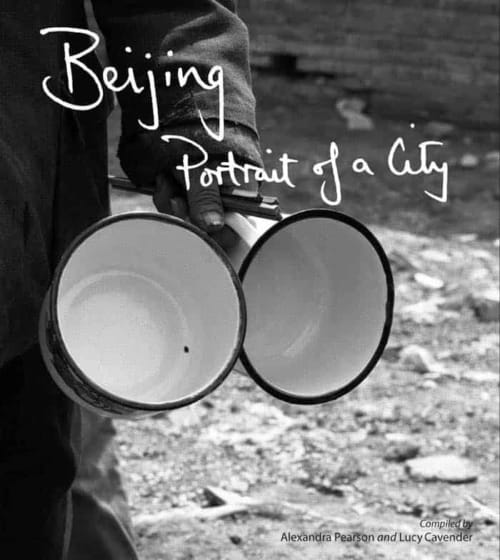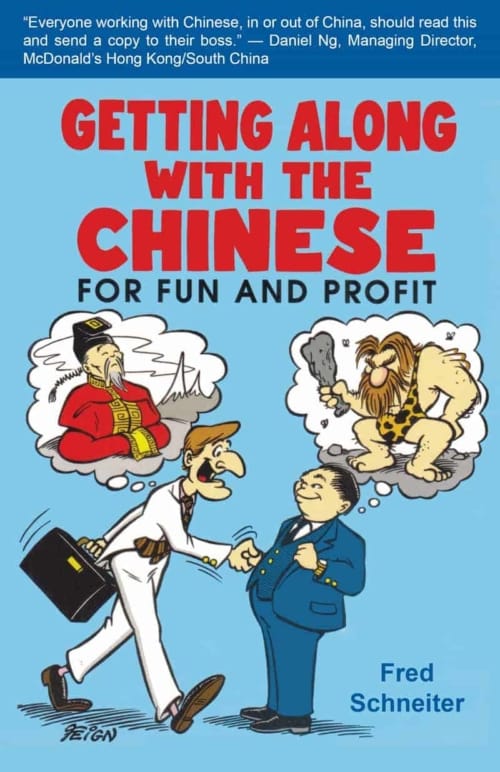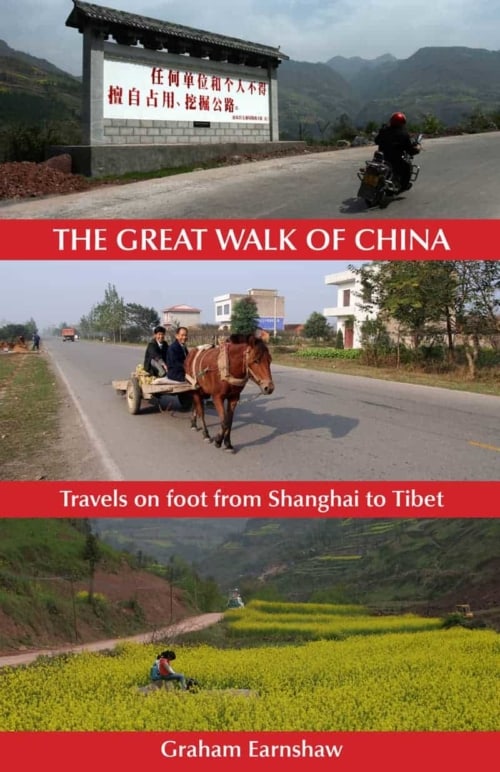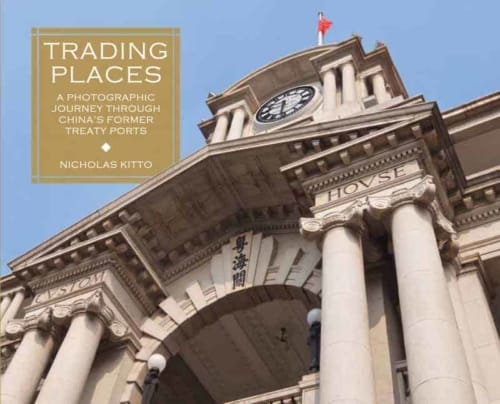By Charles JH Halcombe, introduced and annotated by Paul French
No. 5 in the China Revisited series
Charles Halcombe served for much of the 1880s and 1890s with China’s Imperial Maritime Customs Service. His career included sojourns in both Canton and Hong Kong. Halcombe long harboured dreams of becoming a journalist. Unusually he married a Chinese woman, Liang Ah Ghan, the daughter of a Chefoo merchant during his stay. His seven-year career in China, his writing ambitions and his marriage all strongly inform his impressions and the retelling of his experiences.
In these excerpts from The Mystic Flowery Land we join Halcombe arriving by sampan at Hong Kong’s old Pedder’s Wharf before accompanying him on an extended literary stroll along Queen’s Road. With him we enter the “rum-mills” and Chinese theatres, meet the Sing-Song girls, indigent Europeans, and inveterate gamblers of the colony. On Hollywood Road Halcombe explores the fascinating Man-Mo Temple.
In Canton Halcombe investigates the riverine life of the city – the infamous “flower boats”, the working river and coastal steamers, the numerous temples to the sea Gods.
But it is perhaps Halcombe’s description of the terrible bubonic plague that hit Hong Kong in 1894 that stands out to the reader today as both shocking in its tragedy and pertinent to our own times.
